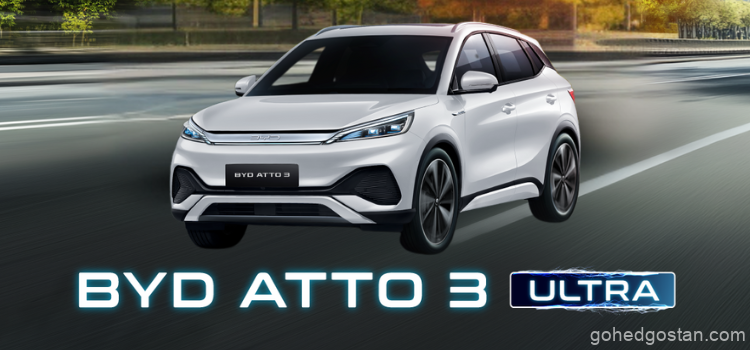Volvo Cars Buka Makmal Motor Elektrik Di China
Nampak gayanya Volvo Cars akan terus maju sepenuhnya dengan strategi elektrifikasi mereka dengan pembukaan makmal motor elektrik baharu mereka di Shanghai. Makmal ini melengkapkan pembangunan e-motor yang ada di Gothenburg dan makmal bateri di China dan Sweden.

Makmal baharu ini akan bertanggungjawab untuk membina motor elektrik mereka sendiri untuk Volvo Cars. Setakat ini, mereka sudah ada satu kenderaan elektrik di bawah jenama Volvo dengan yang lain di bawah Lynk & Co dan Polestar, yang merupakan jenama yang berkaitan. Volvo elektrik yang satunya adalah XC40 Recharge, tetapi tidak jelas siapa yang membekalkan motor elektriknya.

Memiliki motor elektrik mereka sendiri akan memberi kelebihan kepada peranan mereka semasa era mobiliti elektrik seperti membina enjin petrol mereka sendiri sekarang. Volvo menjangkakan 50% kenderaan mereka akan elektrik sepenuhnya menjelang tahun 2025.
KENYATAAN MEDIA
Volvo Cars is making significant investments that allow for the in-house design and development of electric motors for the next generation of Volvo models, as the company continues to move towards becoming a fully electric car maker.
The company today opened a brand new electric motor lab in Shanghai, China, the latest addition to its global network of facilities for the development and testing of electric car components. The lab comes in addition to ongoing e-motor development in Gothenburg, Sweden and state-of-the-art battery labs in China and Sweden.
Taking over the role of the internal combustion engine in car engineering, e-motors are a fundamental building block of electric cars, together with the battery and power electronics. The interplay between these three component areas is crucial in developing premium electric cars.
Bringing the development of electric motors in-house will allow Volvo Cars engineers to further optimise electric motors and the entire electric driveline in new Volvos. This approach will allow engineers to make further gains in terms of energy efficiency and overall performance.
E-motors enable hallmark features that electric cars are known for, such as instant acceleration and so-called One Pedal Driving, whereby drivers use the gas pedal both for acceleration and deceleration, depending on whether they push in or lift their foot off the pedal.
The newly opened electric motor lab in Shanghai became operational last month. It will mainly focus on electric motor development for use in fully electric and hybrid cars based on Volvo Cars’ forthcoming SPA 2 modular vehicle architecture.
The investments in e-motor design and development represent yet another step towards Volvo Cars’ climate ambitions and electrification strategy. It aims for 50 per cent of its sales to be fully electric vehicles by 2025, with the rest hybrids.
Electrification is part of the company’s comprehensive climate plan which addresses carbon emissions across all its operations and products, towards its ambition to become climate-neutral by 2040.
The plan goes beyond addressing tailpipe emissions through electrification; the company will also tackle carbon emissions in its manufacturing network and wider operations, its supply chain and through recycling and reuse of materials.
As a first tangible step towards its 2040 vision the company aims to reduce its lifecycle carbon footprint per car by 40 per cent between 2018 and 2025.






No Comment